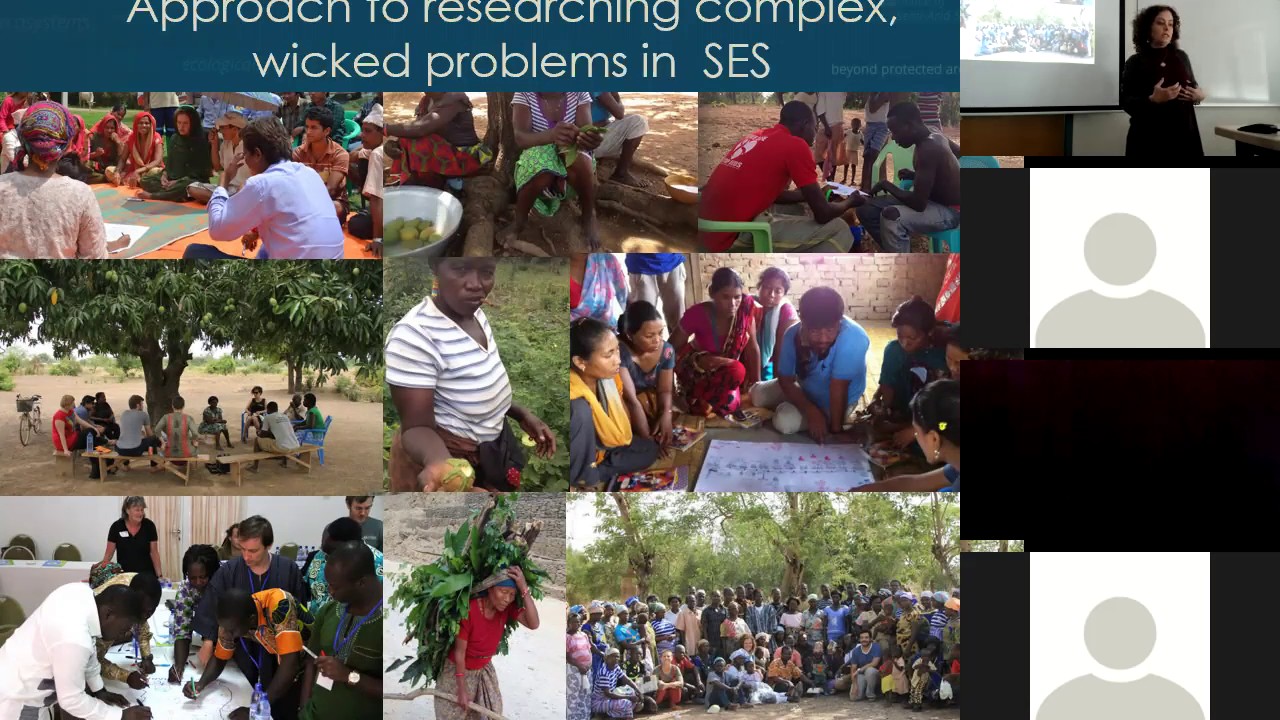North Central CASC
A SYSTEMS APPROACH FOR UNDERSTANDING ECOSYSTEM SERVICES, FUNCTIONAL TRAITS AND WELLBEING: AN ANATOMY OF SMALLHOLDER AGRO-ECOSYSTEMS AND THEIR MANAGEMENT IN THE TERAI PLAINS OF NEPAL AND NORTHERN GHANA ALONG CLIMATIC GRADIENTS
Jessica Thorn
Post-Doctoral Researcher, Dept of Ecosystem Science & Sustainability, Natural Resource Ecology Laboratory, Colorado State University
Friday, December 2, 2016
The year of 2016 has been described as a milestone in the world’s climate: with global carbon dioxide levels surpassing the 400ppm threshold, and potentially significant implications of recent US political shifts in governance for national and international climate policy and funding. Meanwhile, at the local level in South Asia and West Africa the confluence of increasingly unpredictable, extreme and erratic rainfall with higher temperatures, deagrarianization, urbanization, land use change and synthetic agricultural inputs, threatens to undermine the adaptive capacity of smallholder farmers and the ecosystems upon which they depend. Transformative pathways for adaptation is becoming ever more critical. Despite growing concern, land managers still lack quantitative techniques to collect empirical data about the potential impact of climatic variability and change, the effectiveness of adaptations to land management, and appropriate planning methods to deal with uncertainty.
This talk presents an overview of approaches employed as part of my doctoral research, with the aim to offer methodological, empirical and predictive contributions to deal with these gaps. First, for context I present observed trends, impacts and community-level autonomous adaptation pathways adopted in monsoon rice farms in the Terai Plains of Nepal, and dry season vegetable farms in Northern Ghana. These regions are climatically and culturally diverse which enabled comparative analysis. Second, I propose a methodological framework that was developed and operationalized to assess ecosystem services and function, and link this to biodiversity and human wellbeing at the field and landscape level. Here, I present results of quantifying services of medicinal and aromatic plants and functional traits of ground-dwelling and flying arthropods. Space was used as a proxy for time to compare states in disparate climatic conditions. Third, I offer insights from engaging land managers and decision-makers in systems analysis for medium and long-term climate adaptation planning at local and national levels, including scenario planning, backcasting and farmer exchange programs. Finally, I discuss a systematic review map of the state evidence of the effectiveness of 19 on-farm conservation land management practices for preserving ecosystem services in 76 developing countries. The database provides information from 746 studies, which were included after 21,147 articles were screened. Results may inform innovations in climate-smart agricultural practice and planning or conservation beyond protected areas.
Source



